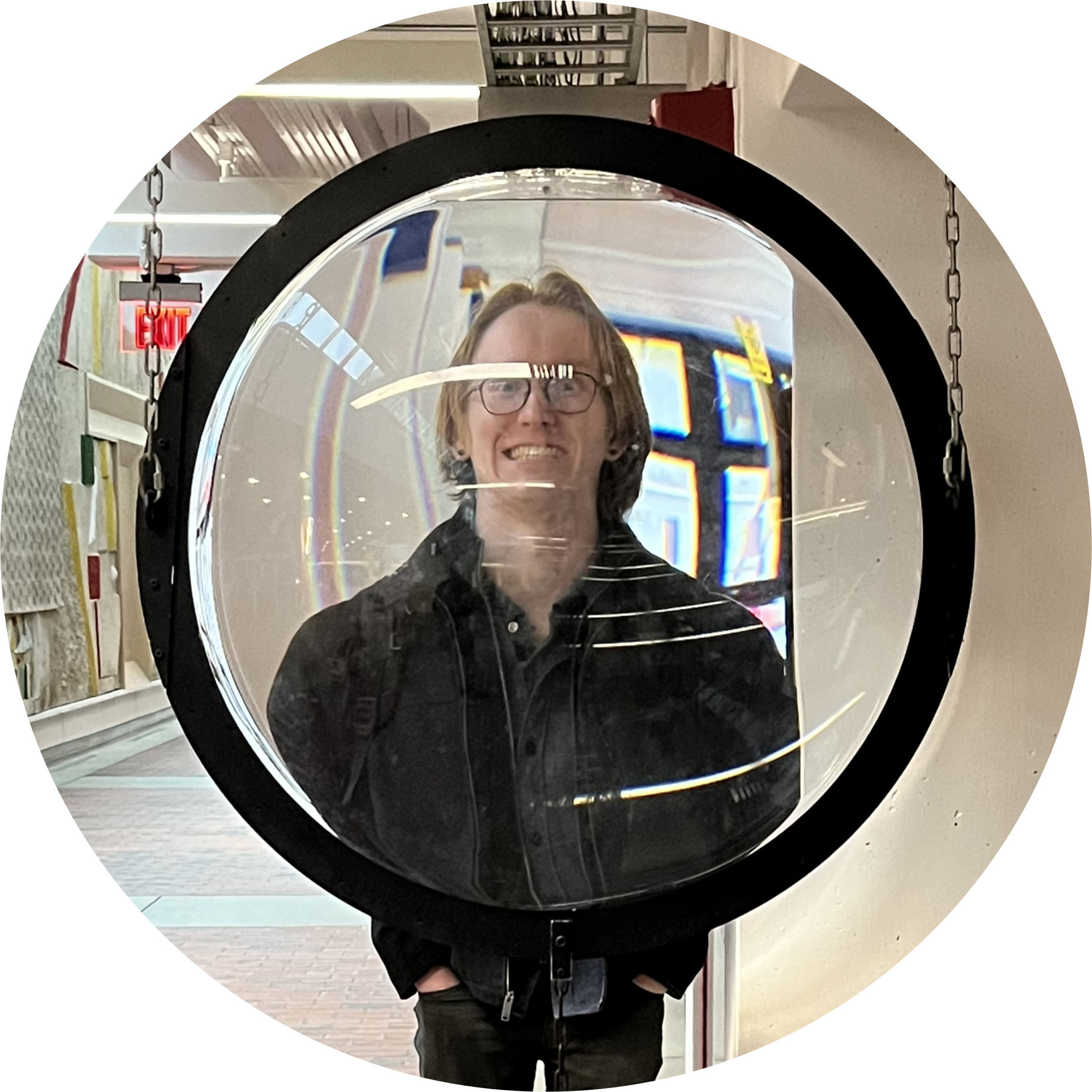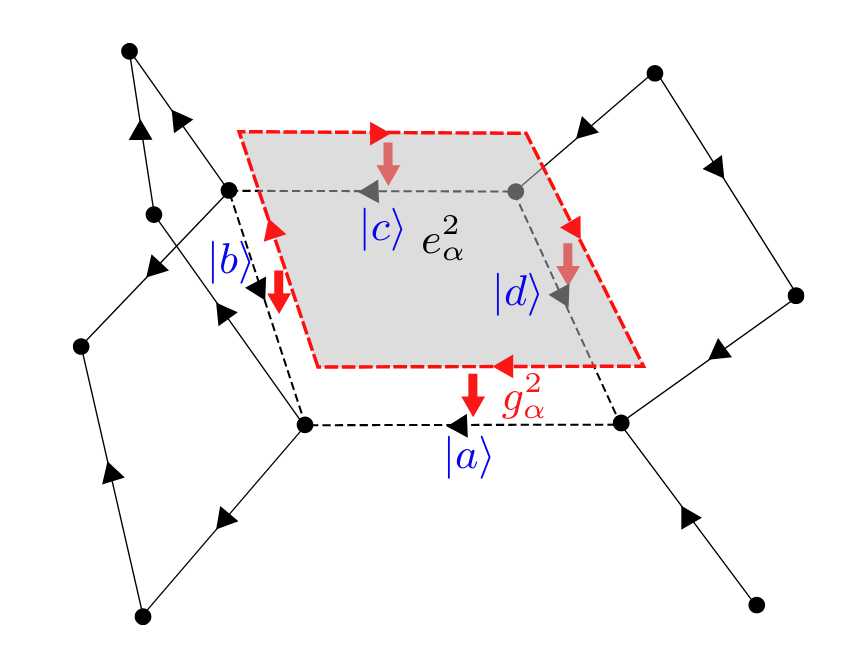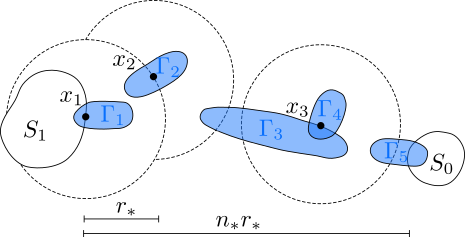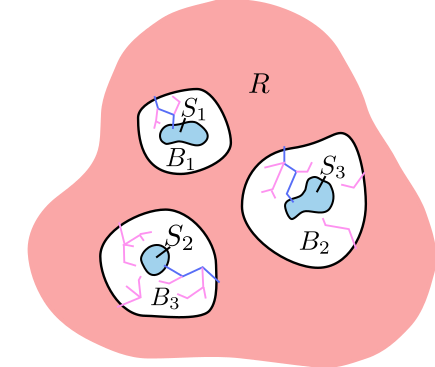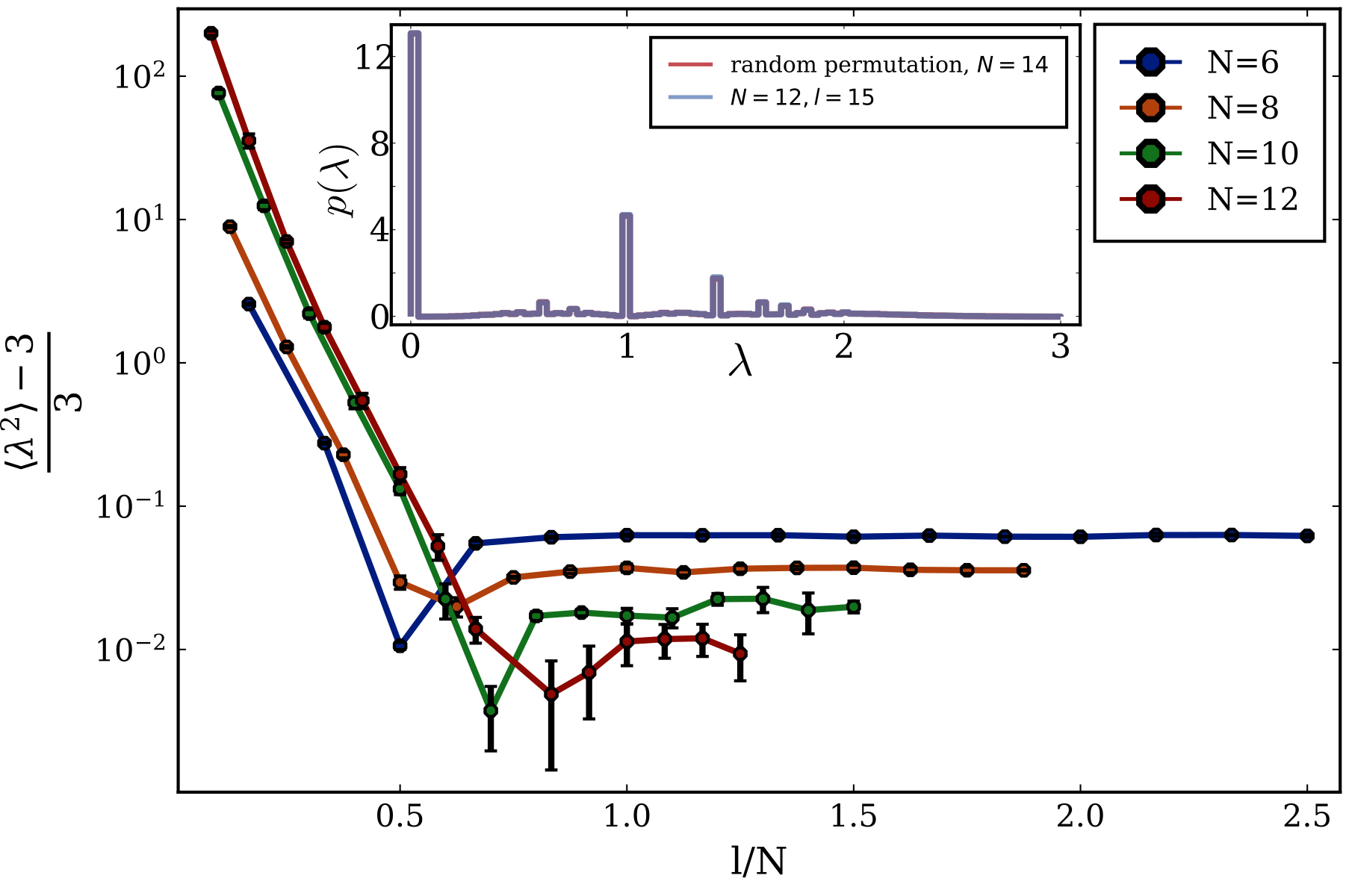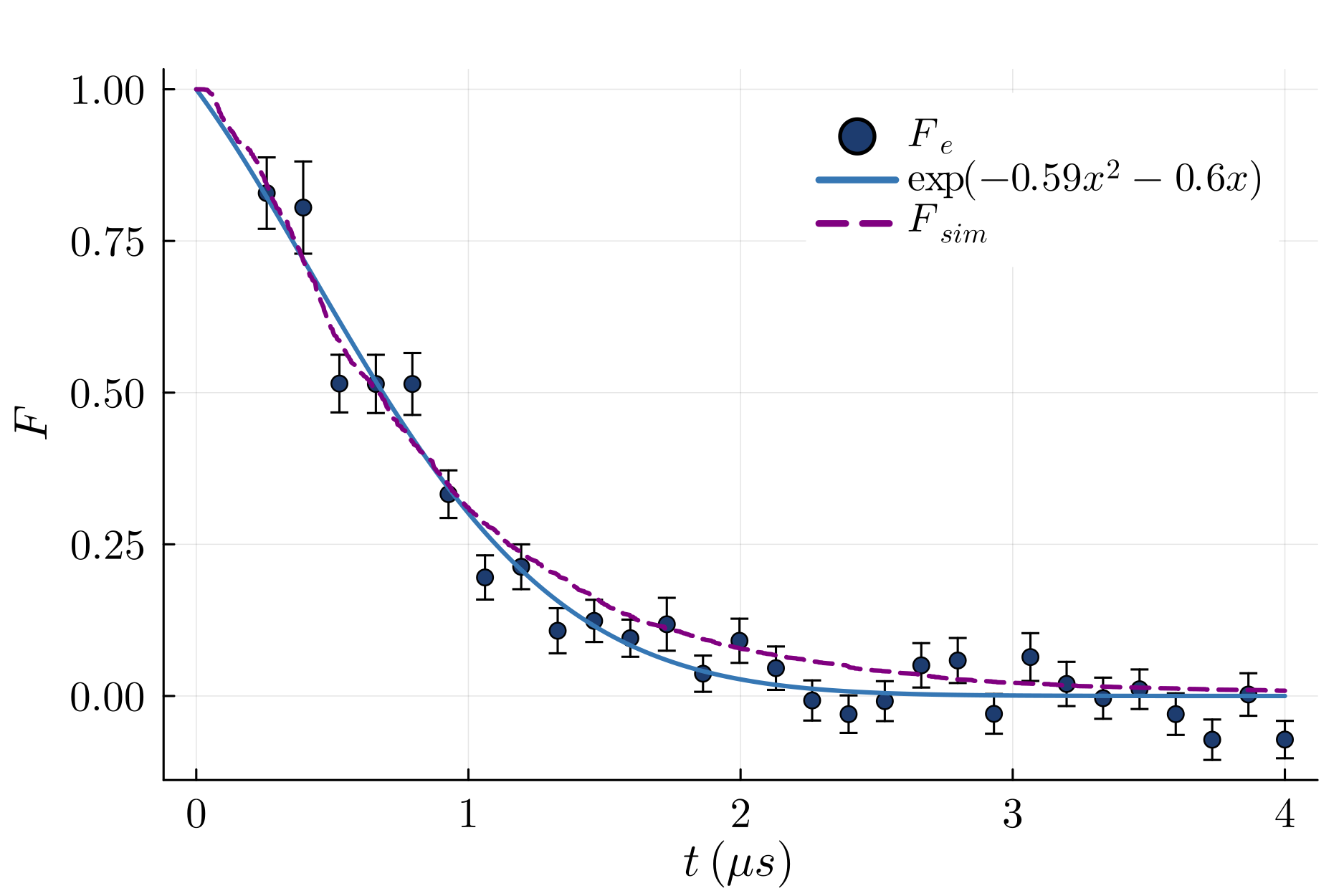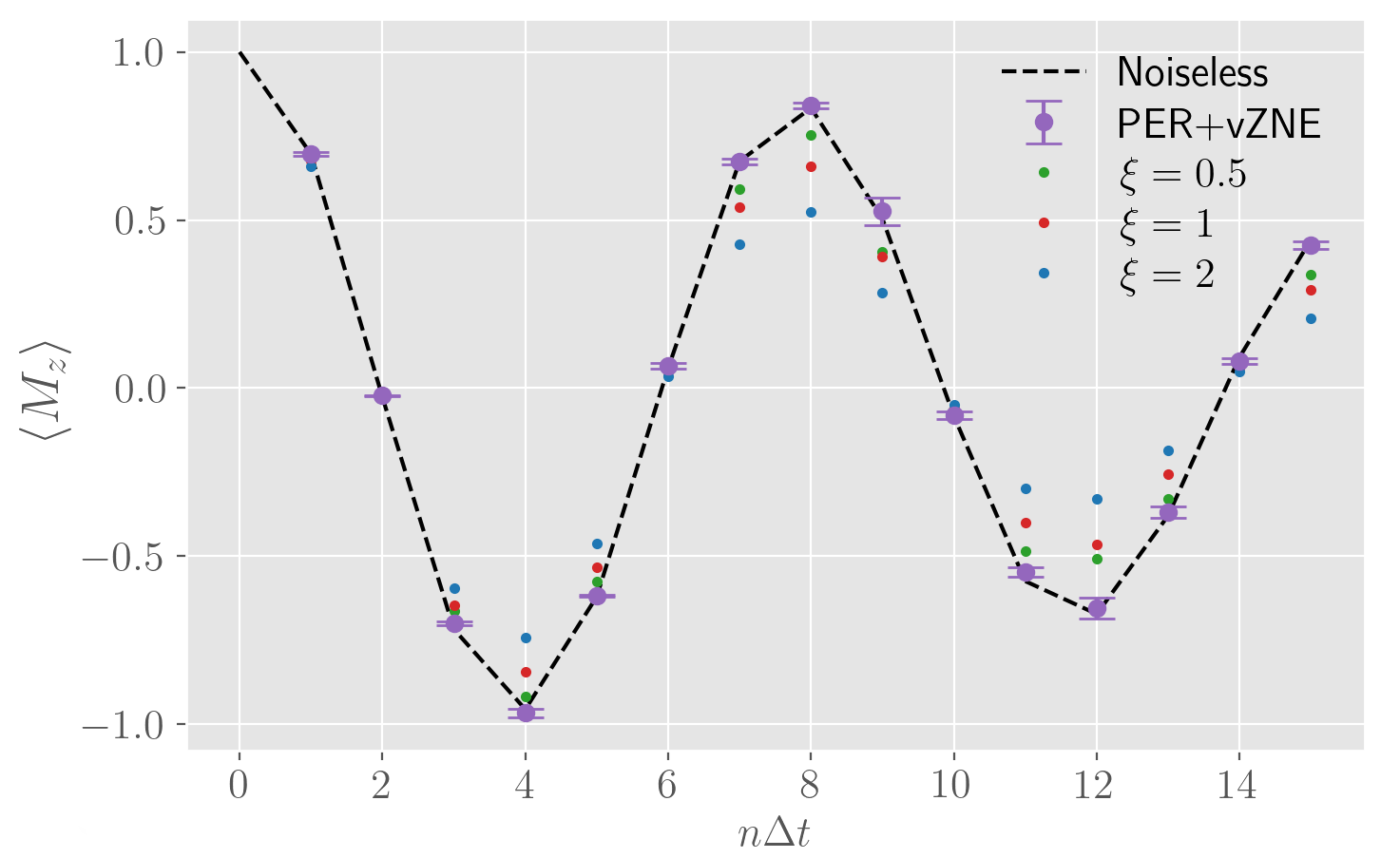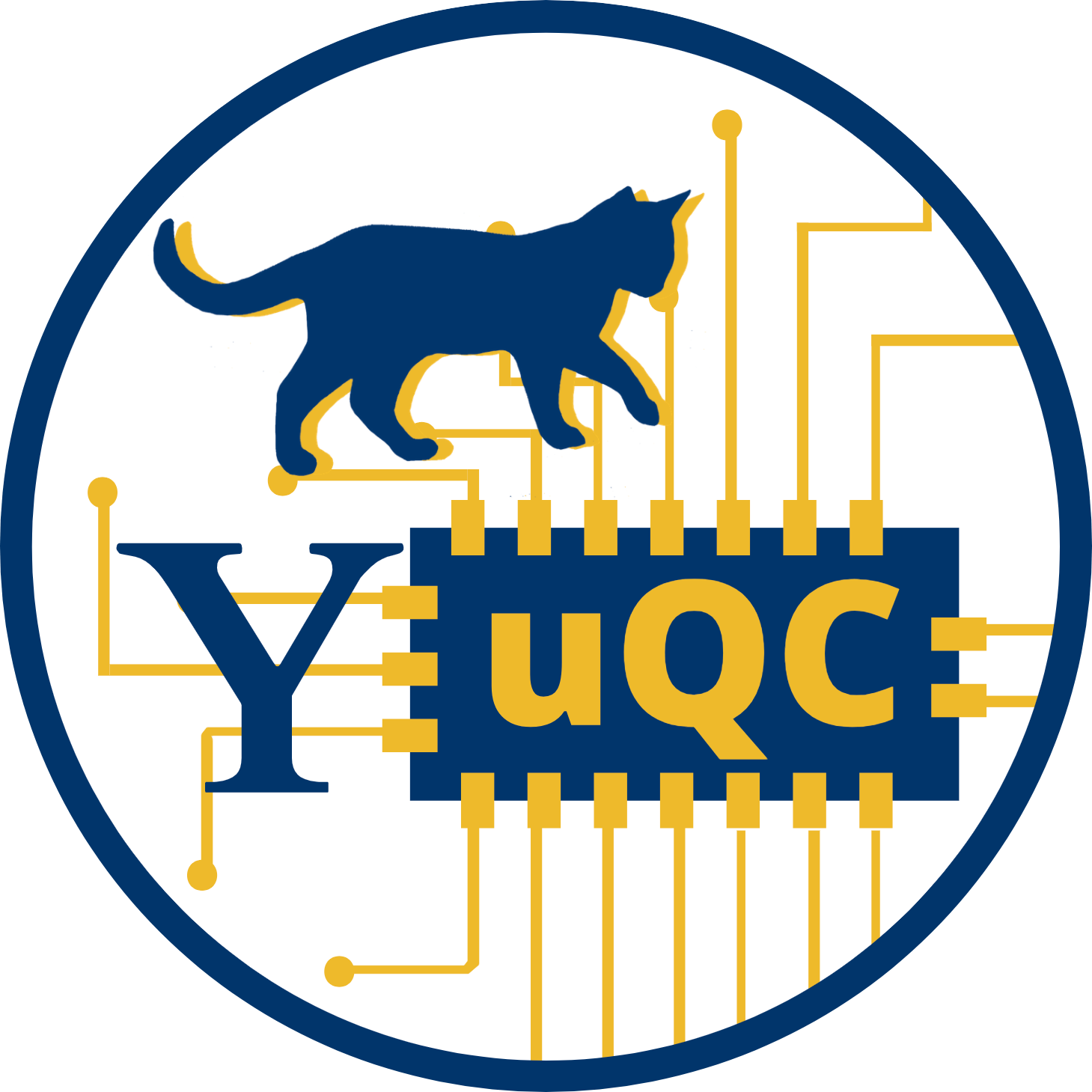About
I am a second-year grad student in the Physics Department at the University of Colorado, Boulder working with Prof. Andrew Lucas's group. I am a mathematical physicist who is fascinated by the connection between quantum computing and emergent phenomena in physics. My research focuses on quantum dynamics, exotic quantum phases of matter, and quantum complexity. I am a Linux fanatic and a computer hobbiest. In my free time I like playing basketball, rock-climbing, and playing the flute. I also enjoy language learning, and I speak Spanish fluently and Hindi proficiently.
Last updated: 12-13-2025
